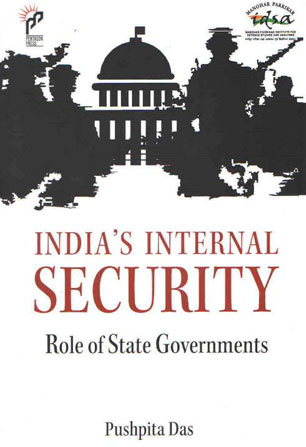Examining the Assam-Nagaland Border Crisis
These repeated incidents of border trouble and deaths bring into sharp focus the lack of serious border law enforcement. It is, therefore, critical that we do four important policy interventions fast.
- Namrata Goswami
- August 21, 2014









